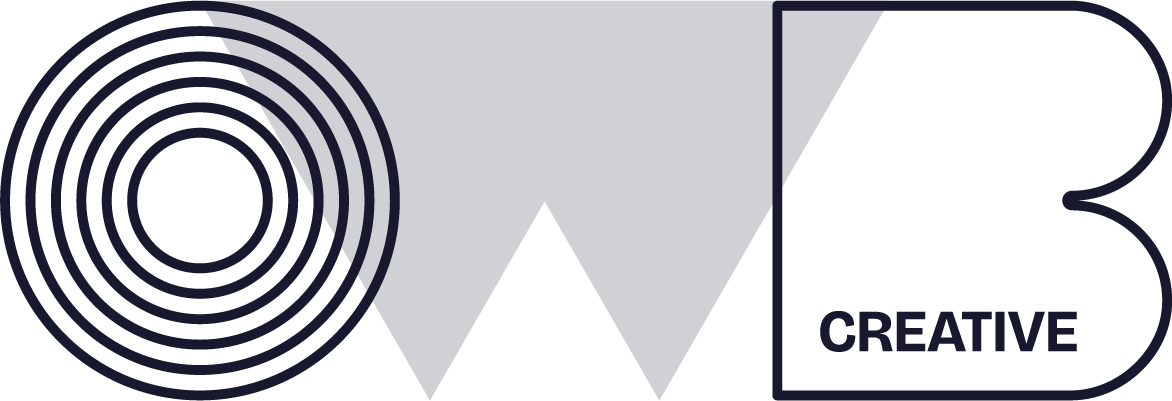Make 2017 the year to optimise your website. Give your users the best possible web experience and the leads and web traffic will follow.
Optimise your content for rich answers
How often do you Google a question? The way we are searching has changed drastically over the last couple of years and you could generate traffic to your website by optimising your content for it. You can rank for the query by making sure that the basic SEO is right such as: write a clear heading, use tags and use a focus keyword. How do you know what the best keywords are to use? Type the question in yourself into Google and see how relevant the first article is that comes up and how many search results there are – if there are a lot of articles that are relevant, you might want to rephrase your question and content – traffic might be a bit lower but it will be easier to rank for.

Improve your landing pages
This might be an obvious one – when searching for a specific item or service, your customers don’t want to browse through 500 items, they will more often than not have a clear idea in mind what they are searching for.
The more generic your keyword, the harder it will be to rank for. Let’s take socks as an example (as there is a wide variety!), if you are Googling socks there will be 354,000,000 search results but with the great variety that is available you are less likely to find what you are looking for.
What could your customers be looking for?
Children’s socks
Women’s socks
Gentlemen’s socks
Novelty socks
Sport socks
Running socks
and the list goes on…
If your customers land directly on the item that they are looking for they are more likely to purchase this – so your bounce rates should be a lot lower on the more specific landing pages than the generic pages.
When Googling ‘Children’s socks’ the first organic results are below. You will also notice that the word ‘kids socks’ is in both URLS:

How do you achieve better landing pages and better ranks on Google?
- If you are marketing specific goods or a service, make sure that you include this in your URL as you can see in the above image the search keyword is included in the URL = which results in positive rankings
- Before creating a specific landing page – check out your competitors and how relevant the search results are
- Make sure that you optimise the back-end of your website with meta tags and keywords. Meta tags are a code at the back end of your website which helps your website appear in search engine results.
- Name your images correctly – make sure that they are relevant to the product / service offered.
- Analyse your homepage – if you are using Google analytics you can see exactly what people are clicking on; you would be surprised to see the results. Are the results what you expected? Think about how you could optimise your page, are you using the right wording? Is your copy clear? Are you offering the right payment methods? Is there a trust issue?
Google is aiming to give customers the best possible search results, so if you want to rank for your goods and services you will need to think about what your customers are searching for as this will result in higher ranking and more conversions. And don’t forget to think outside the box – you would be surprised how many people are looking for yellow socks!
If you need any help with optimising your SEO get in touch today.




